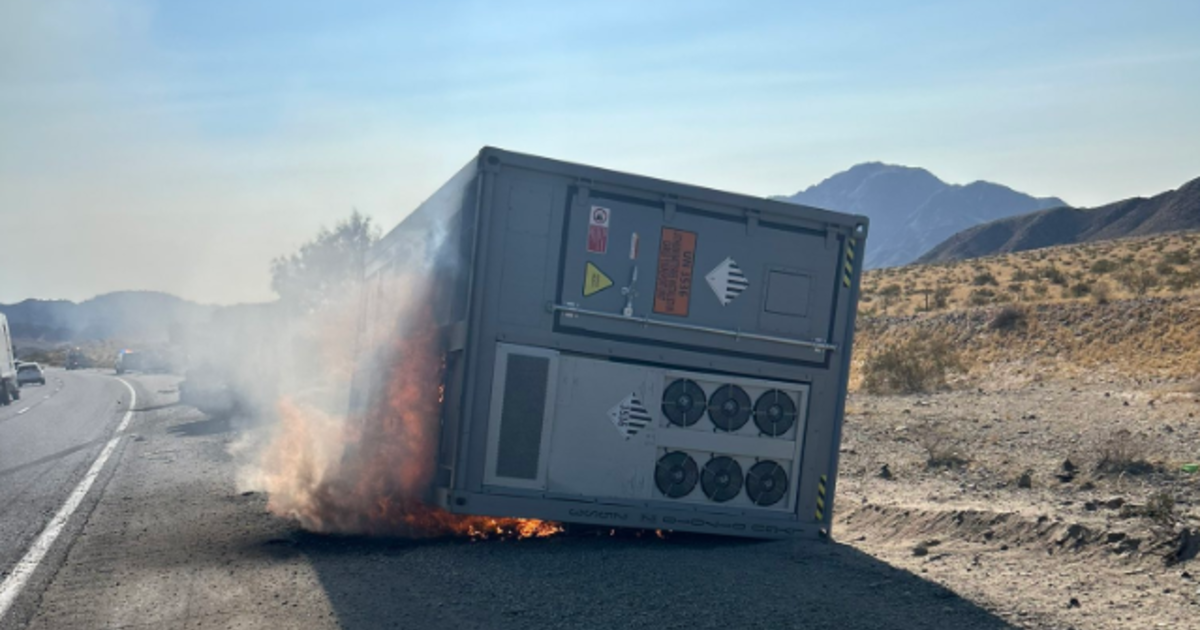Just an FYI....
GM Recalls Every Chevy Bolt Ever Made Over Faulty Batteries
GM Recalls Every Chevy Bolt Ever Made Over Faulty Batteries
To me, a Lithium battery doesn't have to have a defect. Even a small Lithium battery is a potential fire, it's the nature of the beast. Now, you put together enough cells into a tight spot and it's more a matter of when than if. I'm not saying that I don't like them though. Heck, my quads would be pretty much non-working without them. I'm just saying that if you dent or worse, puncture them, you'd best understand the consequences. Put them into a vehicle on the road (read: CRAZY drivers) and look out...
Yes. I will have to replace my six 6V flooded house batteries soon. Taking a really hard look at those LifePO4 units. But they are very expensive relative to normal golf cart batteries.LiFePO4, battery. This one is optimized more for endurance and low flammability and is popular for use in RVs
Apologies for the thread drift. I'm really struggling with this now. I had 2 separate AGM banks. One went belly-up this year and I figure the other is on the way out. My solar guy likes SimpliPhi LFP, which are on the higher end of the price scale. I'd need minimum 2x of their 3.8 kW batts which would give me 6 kWH at 80% DOD for $5k to $6k. Compared to 8x Costco golf cart batts giving 5 kWH at 50% DOD for $800. There's all the other factors about LFP being maintenance free and having 10x or more lifetime cycles. Doesn't look like a DIY LFP batt is much if any cheaper, but there's the prospect of buying few extra cells to replace failed cells instead of pitching the whole battery. And will the prices drift down with volume going up, or will they skyrocket with the continuing inflation wave? Not a clear-cut decision for me as of now. Choosing an ethernet switch was a lot easier!Taking a really hard look at those LifePO4 units. But they are very expensive relative to normal golf cart batteries.
The chemical properties of lithium batteries mean that they cannot be completely risk-free. But the world would be hard to run without lithium batteries. We simply cannot live without them.
Its safety depends on many factors, including the quality of the battery, the environment in which it is used, and the user's habits. Although some high-quality lithium battery brands have taken strict safety measures during the production process, such as using a careful safety design system and material selection to reduce risks, lithium batteries still have the risk of explosion.
Lipo Safety : How to Avoid Lithium Battery Explosion
However, lithium batteries contain substances that are prone to spontaneous combustion. If the battery is short-circuited, flooded, or charged for a long time, it may cause an explosion. In addition, the use of lithium batteries in high temperature environments may also increase the risk of explosion.
Although there are technological innovations and scientific research dedicated to improving the safety of lithium batteries. Many institutions and companies around the world are studying lithium battery safety, but these technologies have not yet been widely commercialized.
However, lithium batteries contain substances that are prone to spontaneous combustion. If the battery is short-circuited, flooded, or charged for a long time, it may cause an explosion. In addition, the use of lithium batteries in high temperature environments may also increase the risk of explosion.
The primary concern is the air quality due to the hazardous materials and chemicals involved," the department said, adding that authorities are monitoring the air for hydrogen cyanide, chlorine, and sulfur dioxide. "These chemicals pose significant health risks at elevated levels, with hydrogen cyanide and chlorine being particularly dangerous even at low concentrations.

